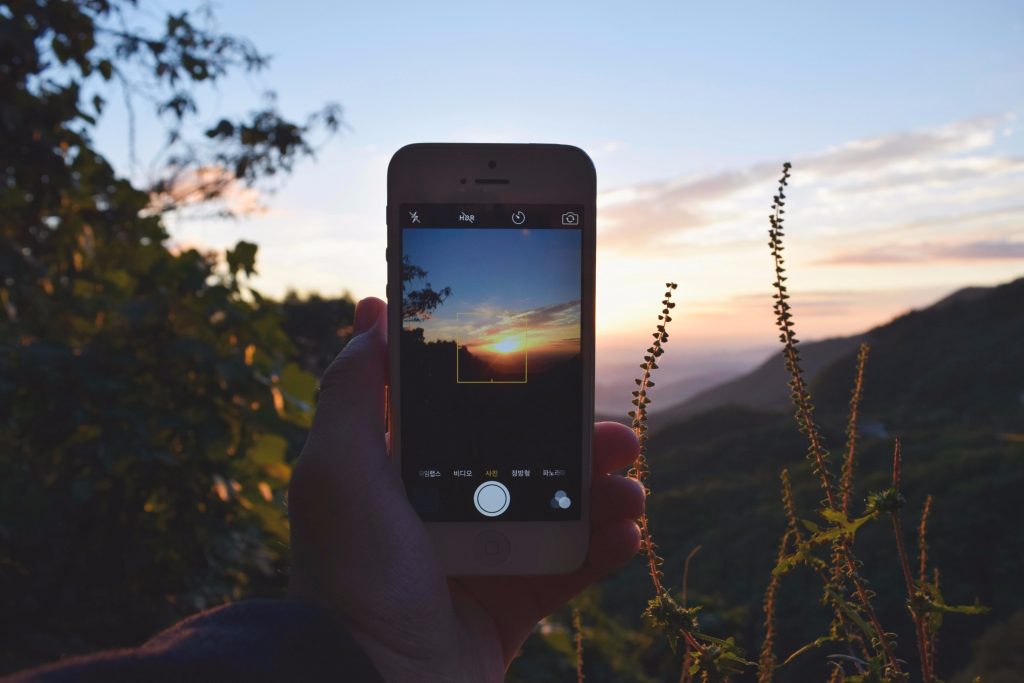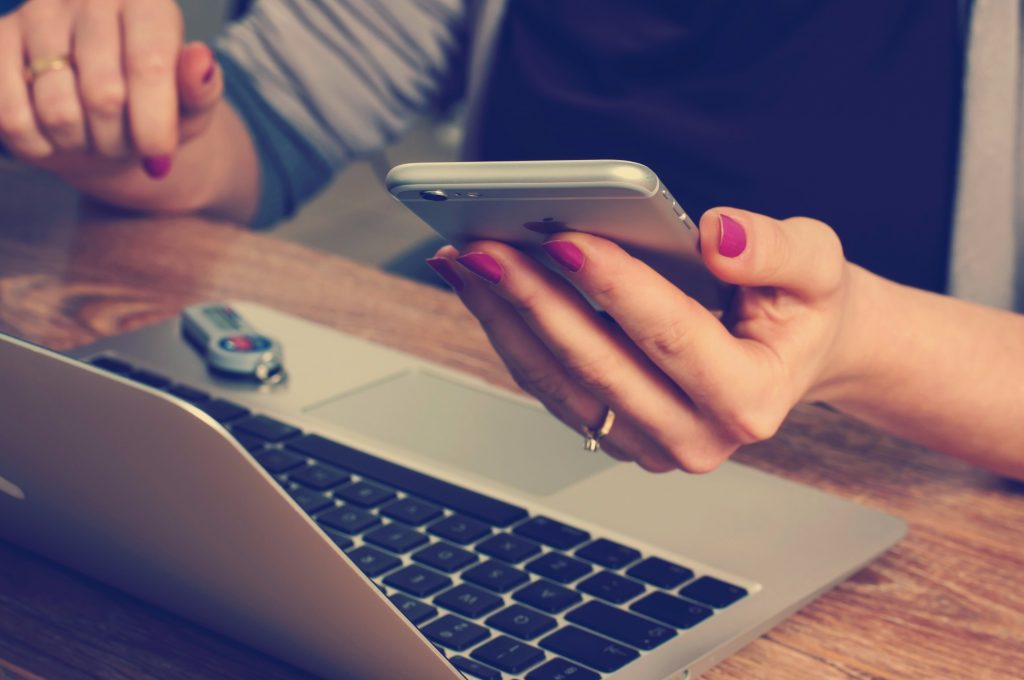Whether you’re on a long backpacking trip, city break, work trip or a family holiday it’s becoming increasingly important to keep your devices safe.
Whilst I was backpacking in Malaysia, my friend was using her Samsung phone to take all of her images. It was a 64gb phone, so there was plenty of space. It had all her past images on it too, including of her niece and nephew. As typical backpackers, Wifi was our best friend. As soon as we got to a new place, the first question was always “what’s the Wifi password, please?” which seems to be a universally understood phrase, these days!

But one day, we connected, and her phone went into spasm. First, it froze completely. We decided to leave it, and let it work itself out. But after 10 minutes, it started switching itself on and off again, without prompt. Then, the screen went dead. Green writing showed up… and there was nothing we could do to revive it. She lost EVERYTHING. Over 9,000 photographs, 200+ contacts and everything else in between.
The moral of the story? Backup your data. Be a little more security savvy, especially when travelling. Otherwise, you risk losing everything. So I thought after this traumatic event (she was absolutely devastated) I’d round up the best ways to keep your devices secure whilst travelling…

Backup your data!
To me, this is really obvious. But to some people, especially like my friend who lost her images, it’s just not. We buy these all-singing, all-dancing devices and expect them to do it all and keep everything safe. To be honest, for the price, they should! But sadly, they don’t.
To be fully safe, we have to proactively back things up. So, I firstly recommend getting an external hard drive. Or three, haha. Get your hands on the biggest one available (spend about £80) and make the time to manually back things up before you go. I use this hard drive from Western Digital, and I back up once every two or three weeks. And ALWAYS before a trip or holiday. It’s a bit of time and money invested that will pay off in the long run, and will soon become a habit once you’ve done it a few times.
Consider cloud storage
The above is the best way to manually backup your data, but if you’re a little lazier, then that’s totally OK too! I’m sure there are all-data solutions out there, so with a bit of Googling and review-reading, you’ll be able to find a full solution. But, for images specifically, I can’t recommend Google Photos enough. It automatically backs up all your images safely. Then, when your phone memory is reaching full, it notifies you, giving you the option to delete images that have already been safely backed up. A great option for back-packers using their phones. And families taking lots of snaps!
Be geek-chic in the name of security!
So it’s not just viruses, malware, devices having a meltdown or full memory that can threaten our precious data. It’s people too. Pickpockets are still a thing; in some places more than others. I won’t go into detail about the time I got mugged in Zante, Greece, but it was NOT a pleasant experience, and I lost a camera in the process.
Now, as geek-chic as they are, I’m a massive fan of bum bags, under the clothes money belts and secret pockets. Lots of travel clothing comes with security in mind these days, so think ahead when packing and make sure you can keep your valuables close and your passport event closer!
Make use of the free security features around you
This is a total no-brainer, but you won’t believe how many people I’ve travelled with who just don’t bother using free security features… I’m taking hotel safes, hostel lockers and even communal luggage stores. These things are there for a reason, and yes whilst it might be a faff, it pays to keep things locked away and as secure as possible.
Use purpose designed security apps
I know some of us are technophobes, but, did you know there are companies out there who actually care about our data and have purposely designed software to help solve all our problems? I didn’t until I started digging into it further. Something like Kaspersky Security Cloud comes highly recommended and is designed to project all of our devices (phones, laptops, tablets) against malware, viruses and other security issues.
And you know how super secure passwords are really hard to remember? I don’t know about you, but I end up copying-and-pasting them somewhere obvious (not very hacker-proof!) thus defeating the object altogether. This software can also create and store strong passwords and has a whole load of features aimed at protecting children online (which I know is a big concern for lots of my mummy friends).

Consider getting a local SIM card
Connecting to public Wifi is so easy and convenient. And that’s what I always used to do on my trips. But, it’s also very risky as the connection is almost always not secured.
Now, I stick to Wifi in trusted places; the hostel, hotel, a good restaurant or a reputable cafe. Another solution is grabbing a local SIM card so I can use data in faraway places (basically anywhere outside the EU). This means I get 3G or 4G data on-the-go and stops the temptation of connecting to dodgy Wifi services. It’s very affordable too, and means lots more real-time updates, which you lovely lot seem to enjoy!
I hope you’ve found my tips useful! My friend is now fully connected to Google Photos and has a security app on her phone and tablet, so hopefully no more data disasters for her in the future!



